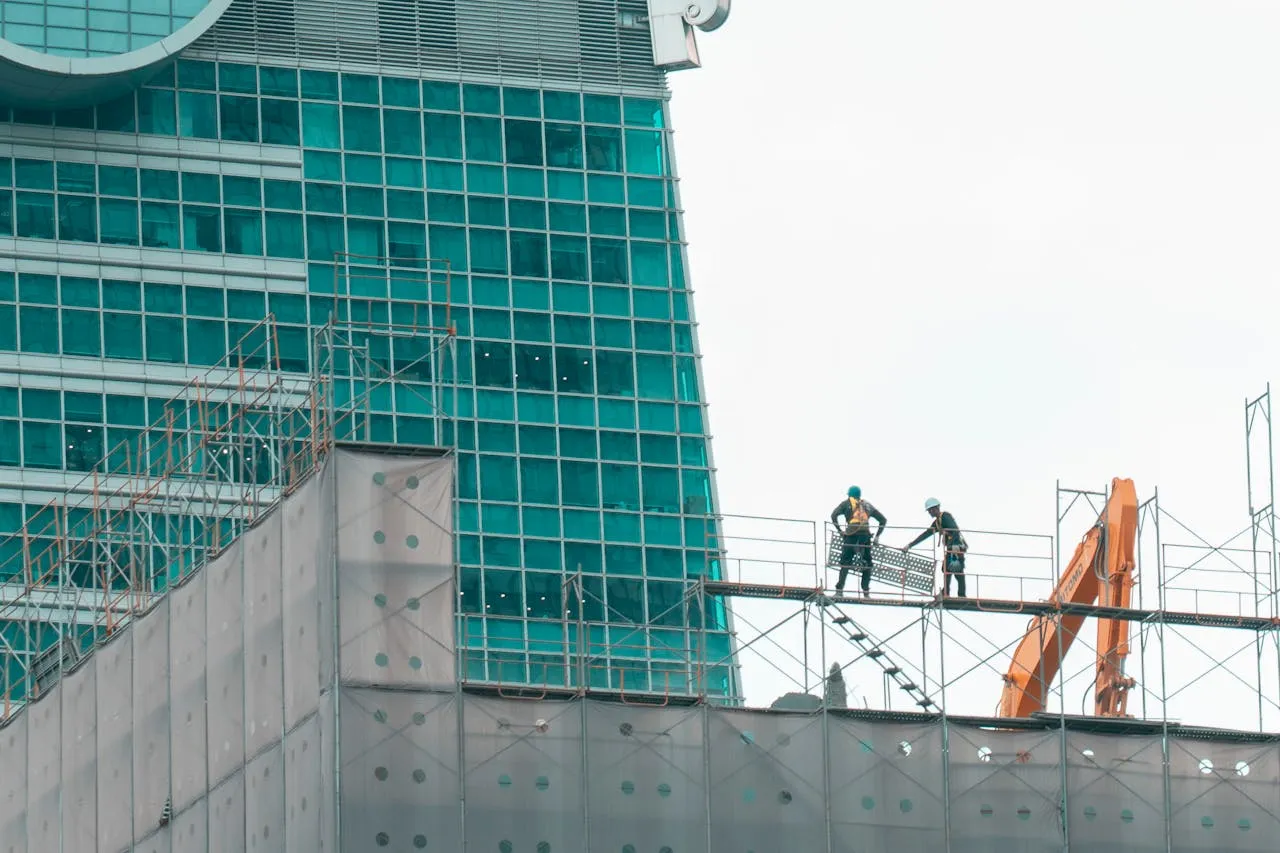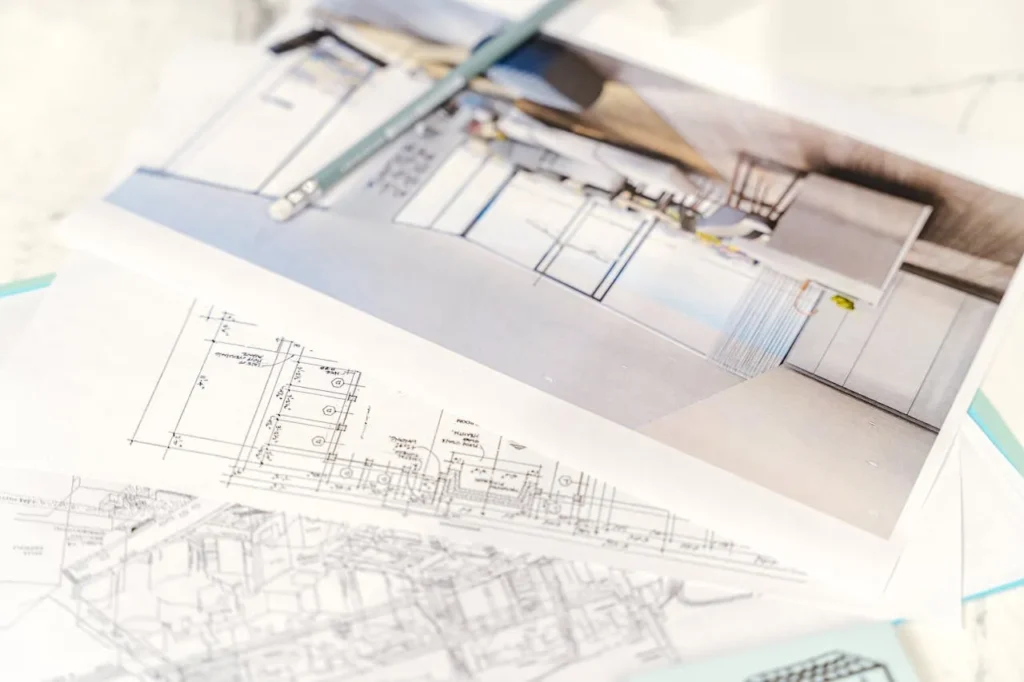
Brazil Construction Market Outlook 2024-2028: Growth Trends, Investments, and Sectoral Forecasts
The “Brazil Construction Market Size, Trends, and Forecasts by Sector – Commercial, Industrial, Infrastructure, Energy and Utilities, Institutional and Residential Market Analysis to 2028 (Q4 2024)” report has been added to ResearchAndMarkets.com’s offerings. The latest findings indicate a resurgence in Brazil’s construction industry, with a recorded 3% growth in real terms in 2024, primarily driven by increased infrastructure and industrial project investments.
Economic Recovery and Market Performance
The recovery of Brazil’s construction sector has been significantly influenced by a rise in building activities, aided by governmental and private investments. A crucial driver of this growth has been the expansion of real estate credit. According to the Brazilian Association of Real Estate Credit and Savings Companies (ABECIP), loans for real estate acquisition and construction surged by 22.7% year-over-year (YoY) in the first ten months of 2024. Specifically, real estate acquisition loans increased by 20.7% YoY, while loans for real estate construction rose by 29.1% over the same period.
Additionally, data from the Brazilian Chamber of Construction Industry (CBIC) and the National Service for Industrial Training (SENAI) highlighted a 17.3% YoY growth in the total number of residential units launched domestically in the first nine months of 2024, marking a stark contrast to the 4% decline witnessed in 2023. These statistics indicate a strong rebound in the housing sector, in line with broader economic improvement.
Business confidence within the construction industry has also strengthened. The National Industry Confederation (CNI) reported a 1.6% YoY increase in Brazil’s business confidence indicator (ICEI) in the first eleven months of 2024. This confidence boost reflects optimism about future construction activities and the overall economic outlook.
Impact of Government Spending Cuts on Construction Growth
Despite the Brazilian government’s announcement of $12 billion in spending cuts extending through 2026, the construction industry remains poised for steady growth. Projections indicate an average annual growth rate (AAGR) of 3.6% from 2025 to 2028. This resilience is largely attributed to sustained investments in industrial, infrastructure, and renewable energy projects, which continue to drive market expansion.

One of the most notable initiatives includes an investment of BRL110 billion ($22 billion) announced in October 2024. This funding aims to improve 436.9 km of road network and 849.5 km of lane roads across the country by 2026. Infrastructure development remains a critical component of Brazil’s long-term economic strategy, facilitating improved connectivity and logistics efficiency.
Additionally, the government is set to auction 22 port terminal projects in 2025, with anticipated investments totaling BRL8.7 billion ($1.7 billion). These initiatives will enhance Brazil’s maritime trade capabilities, strengthening its position as a key player in global logistics and commerce.
Energy Sector Investments and Renewable Growth
Another pivotal factor contributing to the construction industry’s growth is the government’s focus on renewable energy. Brazil aims to increase the share of renewables in its total energy mix from 16% in 2021 to 45% by 2030. This ambitious target underscores the importance of infrastructure and utility projects in driving sustainable development.
Investment in renewable energy infrastructure, including solar and wind projects, is expected to generate significant construction activity. The push towards sustainability aligns with global trends and Brazil’s commitment to reducing its carbon footprint while bolstering energy security.
Sector-Wise Breakdown of Brazil’s Construction Market
1. Commercial Construction
Commercial construction is experiencing renewed growth, driven by an expanding services sector and increasing foreign direct investment (FDI). Office buildings, retail spaces, and mixed-use developments are in high demand, particularly in major urban centers such as São Paulo and Rio de Janeiro.
2. Industrial Construction
Brazil’s industrial sector is benefiting from domestic and international investments in manufacturing, logistics, and supply chain infrastructure. The expansion of industrial parks, warehousing facilities, and processing plants is contributing to heightened construction activity. The government’s incentives for domestic production and export-oriented industries further fuel this sector.
3. Infrastructure Construction
Infrastructure remains a cornerstone of Brazil’s construction industry. Key projects include road expansions, bridge rehabilitations, and public transit improvements. The government’s Public-Private Partnership (PPP) model is playing a crucial role in financing these projects, ensuring sustained development despite fiscal constraints.
4. Energy and Utilities Construction
As mentioned earlier, Brazil is prioritizing renewable energy expansion, leading to increased investments in wind farms, solar power plants, and hydroelectric projects. Additionally, utility projects, including water treatment facilities and smart grid installations, are essential for meeting the country’s growing demand for sustainable resources.
5. Institutional Construction
Institutional construction, covering hospitals, educational institutions, and government buildings, continues to expand. Public and private sector collaborations are driving investments in healthcare infrastructure, particularly in response to growing urban populations and healthcare modernization efforts.
6. Residential Construction
The residential sector remains strong, fueled by rising demand for housing and favorable lending conditions. Government-backed housing programs and incentives for first-time homebuyers are supporting this growth. Furthermore, an increasing focus on sustainable and affordable housing solutions is shaping the future of residential construction.
Mega-Project Pipeline and Development Stages
Brazil’s construction industry boasts a robust pipeline of mega-projects spanning multiple sectors. These projects, currently at various stages of development, are expected to contribute significantly to the country’s economic growth and infrastructure resilience.
Analysts predict substantial spending on projects in the existing pipeline, ensuring continued construction activity well into the next decade. Notable projects include high-speed rail developments, smart city initiatives, and large-scale industrial zones designed to attract foreign investments.
Competitive Landscape: Key Industry Participants
Major Contractors
Brazil’s construction market is dominated by several leading contractors responsible for executing large-scale infrastructure and commercial projects. These firms leverage advanced construction technologies and innovative project management techniques to deliver high-quality developments.
Consultants and Engineering Firms
Consulting firms play a crucial role in Brazil’s construction ecosystem, offering expertise in urban planning, structural engineering, and environmental impact assessments. Their contributions ensure that projects adhere to regulatory standards and sustainability benchmarks.
Conclusion: Key Takeaways and Future Outlook
Despite fiscal challenges, Brazil’s construction industry is on a positive trajectory, with steady growth expected through 2028. Several key factors will influence this outlook:
- Sustained Investment in Infrastructure: Ongoing projects in transportation, energy, and utilities will drive economic development and improve Brazil’s global competitiveness.
- Renewable Energy Expansion: The country’s commitment to clean energy will lead to increased construction activities in wind, solar, and hydroelectric projects.
- Residential and Commercial Sector Growth: Urbanization and demand for modern living spaces will continue to fuel real estate development.
- Government Policy and PPPs: Public-private partnerships will remain instrumental in financing large-scale construction projects, ensuring stability in the industry.
Reasons to Invest in Brazil’s Construction Market
- Market Opportunities: Standardized valuation and forecasting methodologies enable investors to identify lucrative opportunities.
- Comprehensive Data Insights: Over 600 time-series data forecasts provide micro-level market analysis.
- Strategic Decision-Making: Actionable insights from industry analysts help businesses formulate effective strategies.
- Risk Assessment: Understanding regulatory, financial, and competitive risks ensures informed decision-making.
As Brazil continues to develop its infrastructure and industrial capabilities, the construction industry remains a key driver of economic progress. Investors, policymakers, and industry stakeholders must capitalize on emerging opportunities to sustain long-term growth in the sector.




